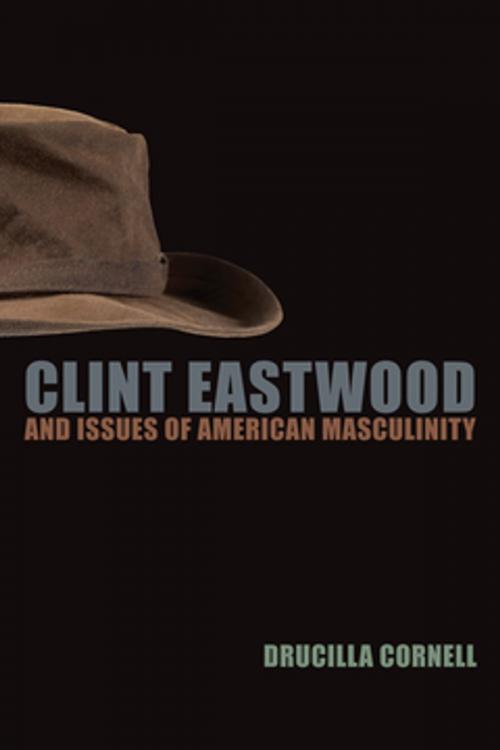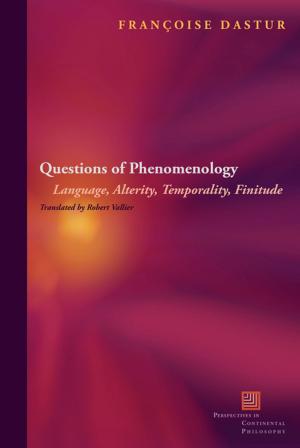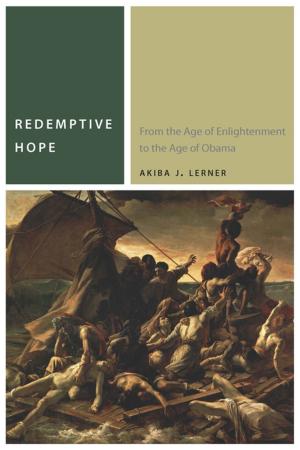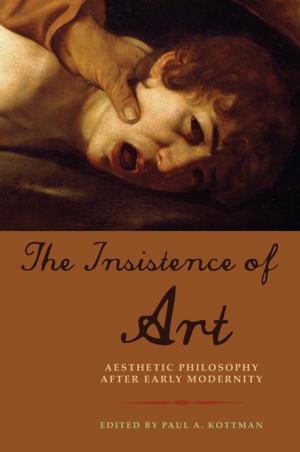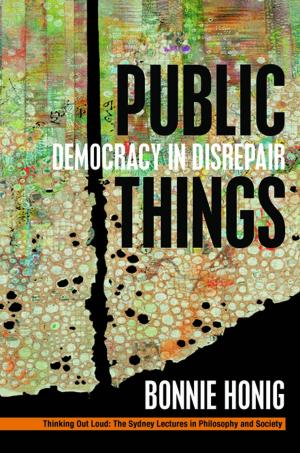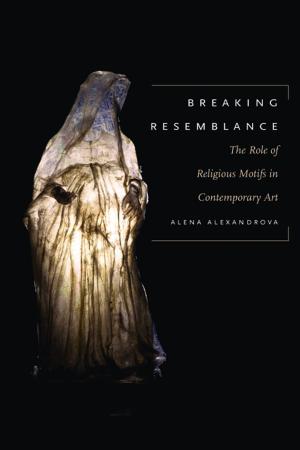Clint Eastwood and Issues of American Masculinity
Nonfiction, Entertainment, Film, History & Criticism, Performing Arts, Religion & Spirituality, Philosophy, Ethics & Moral Philosophy| Author: | Drucilla Cornell | ISBN: | 9780823230143 |
| Publisher: | Fordham University Press | Publication: | August 25, 2009 |
| Imprint: | Fordham University Press | Language: | English |
| Author: | Drucilla Cornell |
| ISBN: | 9780823230143 |
| Publisher: | Fordham University Press |
| Publication: | August 25, 2009 |
| Imprint: | Fordham University Press |
| Language: | English |
In this risk-taking book, a major feminist philosopher engages the work of the actor and director who has progressed from being the stereotypical “man’s man” to pushing the boundaries of the very genres—the Western, the police thriller, the war or boxing movie—most associated with American masculinity. Cornell’s highly appreciative encounter with the films directed by Clint Eastwood revolve around the questions “What is it to be a good man?” and “What is it to be, not just an ethical person, but specifically an ethical man?” Focusing on Eastwood as a director rather than as an actor or cultural icon, she studies Eastwood in relation to major philosophical and ethical themes that have been articulated in her own life’s work.
In her fresh and revealing readings of the films, Cornell takes up pressing issues of masculinity as it is caught up in the very definition of ideas of revenge, violence, moral repair, and justice. Eastwood grapples with this involvement of masculinity in and through many of the great symbols of American life, including cowboys, boxing, police dramas, and ultimately war—perhaps the single greatest symbol of what it means (or is supposed to mean) to be a man. Cornell discusses films from across Eastwood’s career, from his directorial debut with Play Misty for Me to Million Dollar Baby.
Cornell’s book is not a traditional book of film criticism or a cinematographic biography. Rather, it is a work of social commentary and ethical philosophy. In a world in which we seem to be losing our grip on shared symbols, along with community itself, Eastwood’s films work with the fragmented symbols that remain to us in order to engage masculinity with the most profound moral and ethical issues facing us today.
In this risk-taking book, a major feminist philosopher engages the work of the actor and director who has progressed from being the stereotypical “man’s man” to pushing the boundaries of the very genres—the Western, the police thriller, the war or boxing movie—most associated with American masculinity. Cornell’s highly appreciative encounter with the films directed by Clint Eastwood revolve around the questions “What is it to be a good man?” and “What is it to be, not just an ethical person, but specifically an ethical man?” Focusing on Eastwood as a director rather than as an actor or cultural icon, she studies Eastwood in relation to major philosophical and ethical themes that have been articulated in her own life’s work.
In her fresh and revealing readings of the films, Cornell takes up pressing issues of masculinity as it is caught up in the very definition of ideas of revenge, violence, moral repair, and justice. Eastwood grapples with this involvement of masculinity in and through many of the great symbols of American life, including cowboys, boxing, police dramas, and ultimately war—perhaps the single greatest symbol of what it means (or is supposed to mean) to be a man. Cornell discusses films from across Eastwood’s career, from his directorial debut with Play Misty for Me to Million Dollar Baby.
Cornell’s book is not a traditional book of film criticism or a cinematographic biography. Rather, it is a work of social commentary and ethical philosophy. In a world in which we seem to be losing our grip on shared symbols, along with community itself, Eastwood’s films work with the fragmented symbols that remain to us in order to engage masculinity with the most profound moral and ethical issues facing us today.
